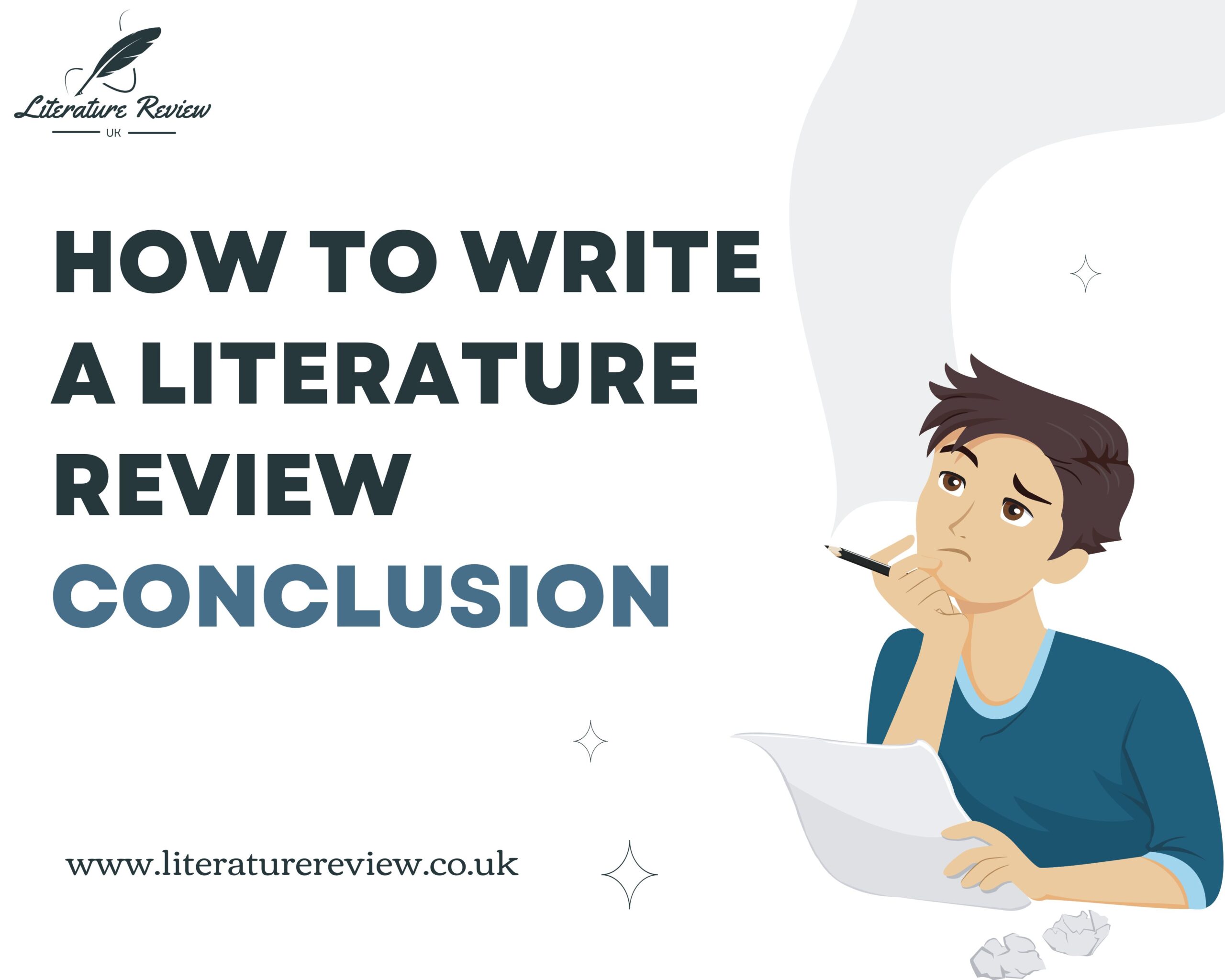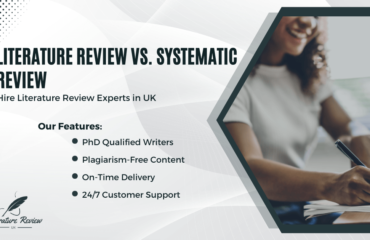
A literature review conclusion is the culminating chapter of a literature review. It draws together the key elements of your research and wraps up the story of how you came to your conclusions.
The conclusion should be concise and clear, summarising your argument and findings in a few sentences. It should also emphasise any implications for future research or practice that might result from your findings, and any connections between the different sources you have consulted during the writing process.
This blog provides some tips on how to write a literature review conclusion effectively. We will look at what this important final chapter should include and provide writing tips on how to write strong conclusions in general.
Summarise the Main Findings of the Review
A literature review is an organised summary of scholarly sources that provide a comprehensive overview of research on a specific topic. Drawing upon previously established research and scholarship, the conclusion of your literature review should summarise the main finding of the review.
To do this, you will need to discuss the findings into several succinct points that convey the overall message of the literature review. Start by summarising each section—the introduction, body, and any additional sections—into key takeaways. Highlight specific quotes that stood out to you or caught your attention as you read through each source. Picking out certain phrases or concepts from each source can help you make connections between different authors and topics in the literature.
Synthesise and Evaluate the Studies
The conclusion should also synthesise and evaluate the studies you have discussed, showing how they support or contradict each other. It is also important to explain any relationships between the studies, including similarities and differences.
It’s important to remember that a literature review conclusion isn’t a stand-alone piece of writing—it should be integrated with your overall argument.
Addressing Research Gaps and Limitations
A literature review conclusion should be an opportunity to draw together the key themes, insights and conclusions from your research into the topic. It should provide answers to the questions you set out to answer, address any research gaps and limitations, and expand upon existing knowledge on the subject.
To achieve this, there are a few steps you can take:
Discuss Research Gaps and Limitations
When highlighting research gaps in a literature review, it is important to also provide potential solutions or recommendations for further study. Think critically about what could be done in future studies to address any limitations you encountered with your own research.
Expand on Existing Knowledge
Finally, use your conclusion as an opportunity to open up the discussion around existing knowledge on the subject. Consider how what you’ve learned could be applied in other contexts, or if more research is needed in order to deepen our understanding of the topic.
Implications and Practical Applications
When writing a literature review conclusion, it is important to consider the implications and practical applications of the research. Did the research lead to any new methods or processes that could be used for future studies? Did it provide any insights into how the topic can be applied in a practical setting?
When discussing implications and practical applications, it is important to consider:
- Potential implications of the research findings
- How the results can be used in practice
- The relevance and importance of the research
- Unanswered questions and areas for further exploration
Suggestions for Future Research
Now that you have successfully written and summarised the literature review, it is important to provide readers with some directions for future research. Suggestions for future research can come in many forms and may depend on the focus of the literature review. Some general suggestions include:
- Identifying gaps in current research and providing new areas to explore
- Developing further research questions or hypotheses
- Recommending further methodological approaches
- Exploring new ways of interpreting data or results
- Introducing innovative ideas or solutions to existing problems
When providing these suggestions, it is important to be specific and give concrete examples of what needs to be done. By doing so, you will have provided a valuable service to your readers and colleagues who are interested in the subject.
Conclusion
All in all, writing a literature review conclusion is a tough task that requires a lot of thought and research. The conclusions you draw should be supported by the evidence you have gathered in your literature review process. Make sure to be clear-cut and succinct, and remember to revisit your conclusion periodically to ensure that it is still valid. Be sure to back up your conclusions with reliable sources, and leave the readers with something to think about.




